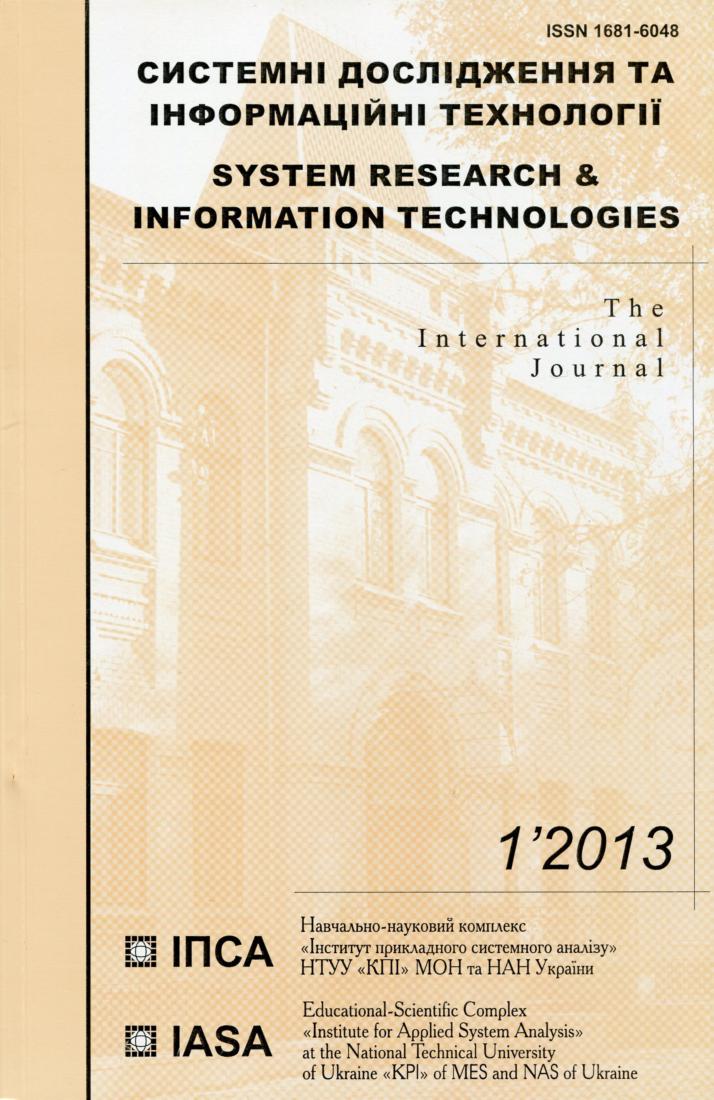Problems of decision-making on the management of cyclic branched technological processes
Abstract
The article is devoted to solution of the problem of management of cyclic branched technological processes (CBP), based on example of the dry cleaning technological process. The structure of the process and the basic structures of CBP subprocesses were analyzed. Self-regulating processes and those that do not have self-regulation were allocated. The decision-making problems of these processes were formalized on the basis of modeling of the CBP structure and its subprocesses. The model is presented in the equations system form. The decision-making problem of the CBP management is reduced to discrete optimization problem based on efficiency criterion. As an efficiency criterion a profit obtaining efficiency based on probability of erroneous decisions is used. Large dimension and nonlinearity of the system, fuzziness of the most subprocesses’ descriptions and criterion polymodality cause the necessity of construction of CBP simulation model in the con-trol system. The main steps of the CBP management were submitted. Generalized decision-making algorithm with the usage of the simulation model was given. The algorithm supports model correc-tion after each subprocess execution.References
Durman M.O. Modeli ta metody informatsiynoyi pidtrymky pryynyattya rishen' v upravlinni skladnymy tekhnolohichnymy protsesamy: avtoref. dys. na zdobuttya nauk. stupenya kand. tekhn. nauk: spets. 05.13.06. "Avtomatyzovani systemy upravlinnya ta prohresyvni informatsiyni tekhnolohiyi". — Kharkiv, 2000. — 19 s.
Hnatiyenko H.M., Snytyuka V.Ye. Ekspertni tekhnolohiyi pryynyattya rishen'. Monohrafiya. — K.: Maklaut, 2008. — 444 s.
Kondratenko Yu.P., Sydorenko S.A. Systemy pidtrymky pryynyattya rishen' na osnovi prystroyiv z nechitkoyu lohikoyu // Zbirnyk naukovykh prats' UDMTU. — 1999. — Vyp. 4. — S. 123–135.

